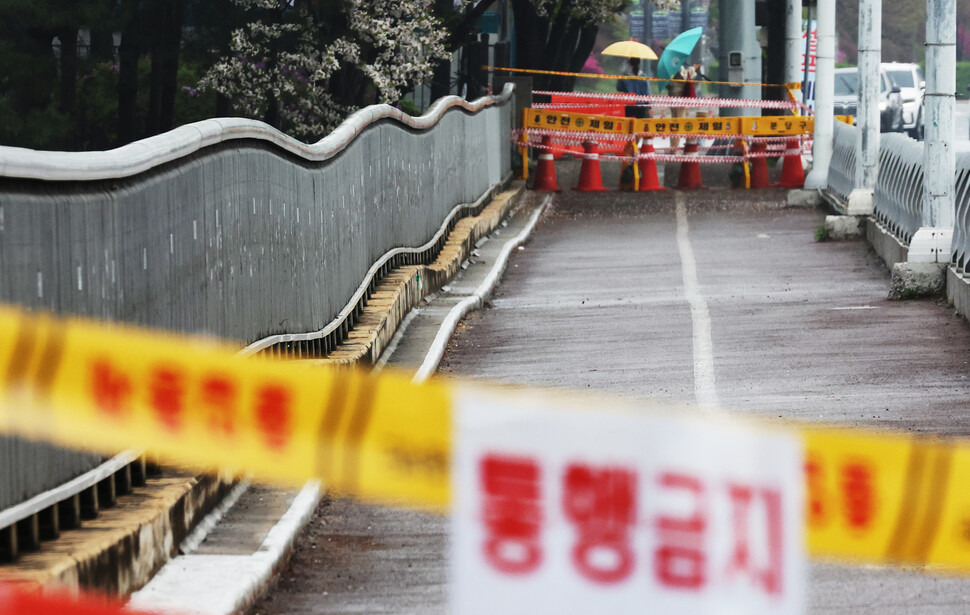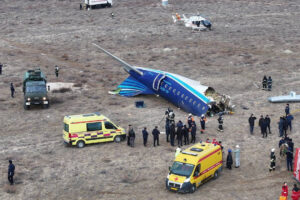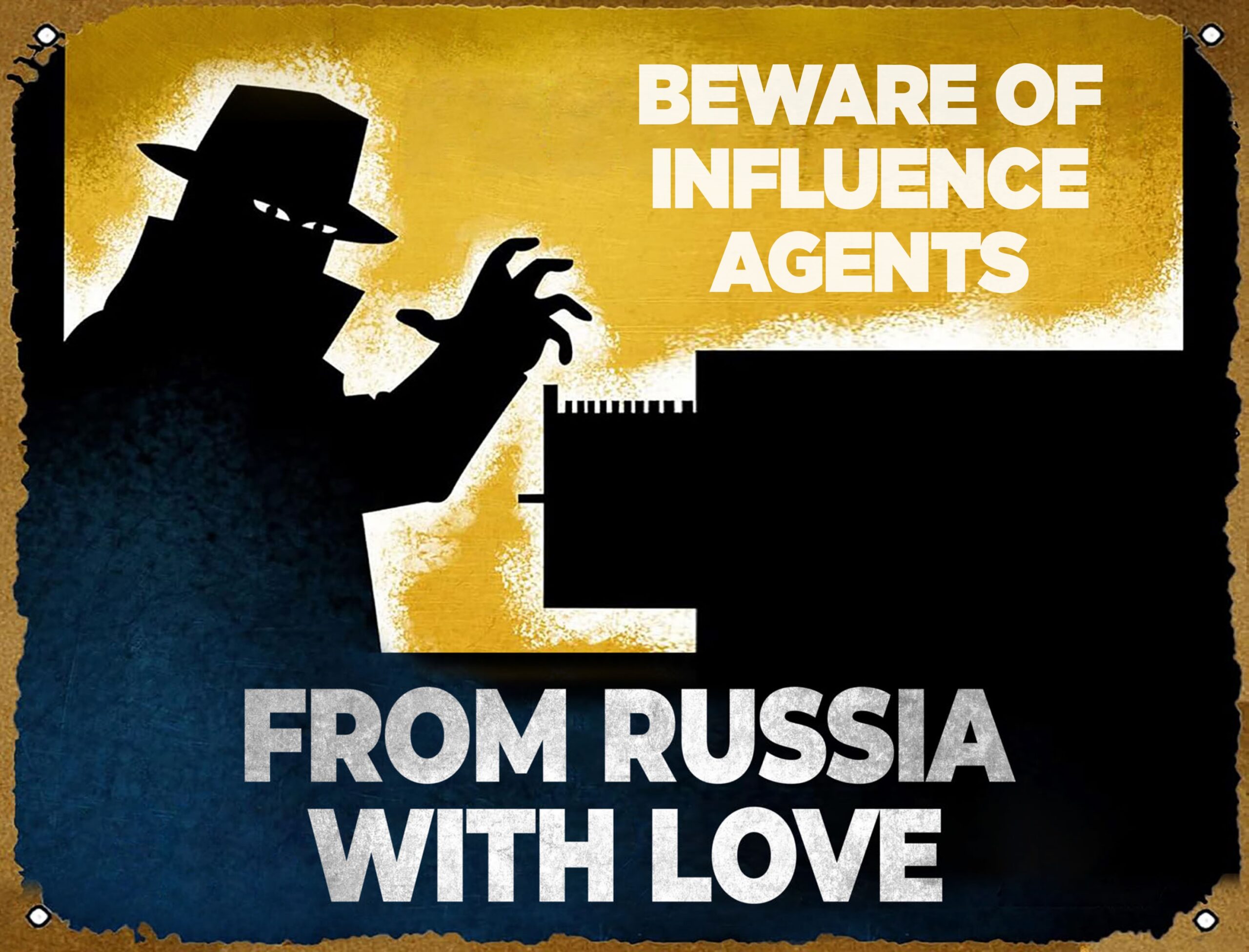How safe does your life feel? The country with the highest percentage of people who report feeling relatively safe is the Central Asian state of Uzbekistan.
At 72, the country has the best score on the 2023 Safety Perceptions Index, an analysis by the Australia-based global research organization Institute for Economics and Peace. The figures are based on the British charity Lloyds Register Group’s 2021 World Risk Poll of 121 countries. The lower the index number, the more people replied that they feel safe.
The index analyzes and quantifies the extent to which people feel safe in five areas of daily life: food and water, violent crime, severe weather, mental health and workplace safety. It also examines perceptions of safety by distinguishing between fear of harm and actual experience of harm. Uzbekistan, which ranked third in the inaugural Safety Perceptions Index in 2022, jumped to first place, while Singapore, which had ranked No. 1, fell five places.
The Nordic countries, known for the comfort and well-being of their citizens, lost out to the Middle East’s United Arab Emirates (No. 2) and Saudi Arabia (No. 3). Eastern Europe’s Hungary (12th) and Czech Republic (15th) ranked higher than the traditional European industrialized nations of the United Kingdom (24th), Germany (48th), and France (52nd). Central Asia’s Armenia (13th), Kazakhstan (14th), Tajikistan (17th), and Georgia (21st) also made the list.
The index is based on the subjective perceptions of people in these countries and is not the same as a survey that measures the safety of a society based on the state of public security.
Pakistan, a country plagued by terrorism and corruption, jumped a whopping 78 spots, surpassing Canada (33rd) and New Zealand (34th). It’s also interesting to note that China (9th) dropped four spots from the previous survey but remained in the top 10. South Korea climbed one spot but remained in the middle of the pack at 50th, while Japan jumped 26 spots to 22nd.
More countries (65) reported feeling relatively safe than countries (54) who reported feeling relatively insecure. People were far more likely to feel more insecure due to fear than actual experience. Fears outweighed experiences in the areas of violent crime, severe weather, and water and food, while experiences outweighed mental health and job security.
Source : Hankyoreh









